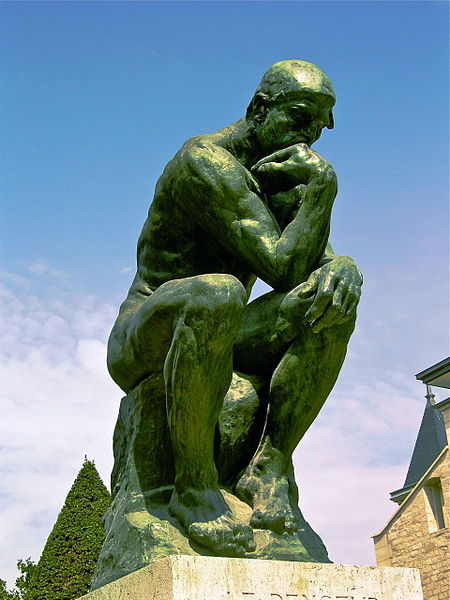
This year’s Edge question was: “What scientific concept would improve everybody’s cognitive toolkit?” There are some good but somewhat boring answers, like Susan Blackmore’s or Kevin Kelly’s. But here are some of the more interesting ones I found:
Stewart Brand: Microbes Run the World
Aubrey de Grey: A Sense Of Proportion About Fear Of The Unknown
Jonah Lehrer: Control Your Spotlight
Evgeny Morozov: Einstellung Effect
Douglas Rushkoff: Technologies Have Biases
Nassim Taleb: Antifragility — or— The Property Of Disorder-Loving Systems
I would especially recommend reading both Carr’s and Lehrer’s.
There are a ton of these, so I haven’t read them all, so there could be some gems out there I missed. What are your favorites?
If I’d been asked, I’d have chosen one of the following:
1. The idea of systematic ideology – that people choose what to believe based on ideology, not reason (an idea also supported by research indicating that facts can actually backfire when trying to change someone’s mind). Systematic ideology, named by George Walford, was proposed in 1947 by Harold Walsby. The idea is now being pursued by the Cultural Cognition Project at Yale Law School, though they don’t use the term and may not be aware of Walsby’s and Walford’s work.
Photo by Andrew Horne
December 14, 2011 at 12:08 am
honesty
December 14, 2011 at 2:51 am
1.) The amount of intuition that goes into the scientific method
2.) That information is not knowledge and knowledge is not understanding.
December 14, 2011 at 10:20 am
Been reading through these for a long time whenever I have some free time. For the ebook-reading users, I pulled the site and threw them all into a mobi.
http://db.tt/KOi2Ked7